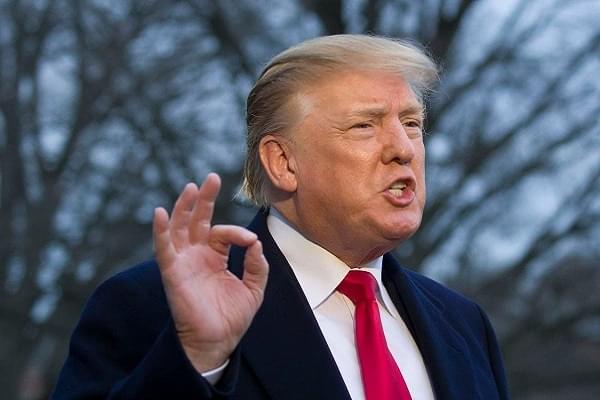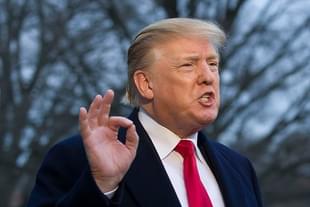News Brief
[Explained] Open Skies Treaty: The Pact Which Allowed Nations To ‘Spy’ On Each Other And Why US Pulled Out
Swarajya Staff
May 26, 2020, 12:44 PM | Updated 12:44 PM IST
Save & read from anywhere!
Bookmark stories for easy access on any device or the Swarajya app.


United States (US) has given the notice that it will exit the Open Skies Treaty (OST).
“I think we have a very good relationship with Russia. But Russia didn’t adhere to the treaty, so until they adhere, we will pull out. But there’s a very good chance we’ll make a new agreement or do something to put that agreement back together,” US President Donald Trump was quoted as saying on Thursday by The Hindu.
He added that the deal could be amended, or a new one could be made in the future.
What is Open Skies Treaty?
The treaty was signed in 1992 by the then members of NATO and Warsaw Pact and became effective in 2002. Thirty-five countries are parties to the treaty including US, Russia, and other European and Eurasian countries.
The idea was to promote openness and transparency of military forces and activities by "mutual aerial observation".
The treaty allows each country to conduct short-notice, unarmed, reconnaissance flights over the others' entire territories to collect data on military forces and activities.
Observation aircraft used to fly the missions are equipped with sensors that enable the observing party to identify significant military equipment, such as artillery, fighter aircraft, and armored combat vehicles.
No territory can be declared off-limits by the nation being observed, and the observer state has to provide at least 72 hours' advance notice.
The treaty is aimed at building confidence and familiarity among the countries. The Open Skies Consultative Commission (OSCC), comprised of representatives of all states-parties, is responsible for the implementation of the Open Skies Treaty.
Why is US exiting the treaty?
According to a BBC report, the US has used the treaty more than Russia. While U.S. flew 196 flights over Russia (in addition to having imagery from other countries), Russia flew 71 flights over US.
However, both Moscow and US have long accused each other of breaching the treaty’s terms.
Last year, US exited the the Intermediate-Range Nuclear Forces (INF) treaty the West had signed with Russia citing distrust of the latter. The US withdrawal from OST shows that the Trump administration may not renew the New Start Treaty due to expire in February 2021.
Reportedly, the US is worried that extending New Start would negatively impact an arms deal with China and Russia. The global security environment has also changed with the rise of China.
Earlier this year, the State Department told US Congress that that China’s nuclear stockpile could be doubled if the New Start Treaty was continued without including China.
Marshall Billingslea, the Trump administration’s Special Envoy for Arms Control, said, on Thursday, that the US intended to establish a new arms control regime which would include China.
For India, the increasing instability and multipolarity means the country will have to be watchful, and keep walking a diplomatic tightrope, skillfully balancing different players to secure its national interest.





